Delaware Prosperity Partnership
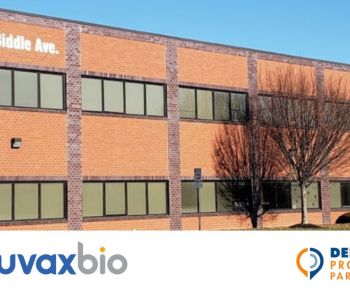
October 25, 2022
Biopharma Company Uvax Bio Chooses Delaware

October 21, 2022
Avelo to Open New East Coast Base in Delaware
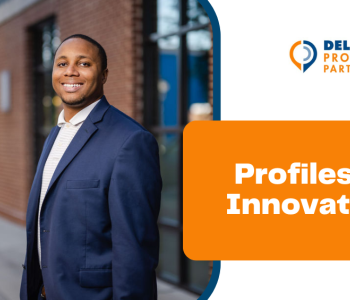
October 7, 2022
Profiles in Innovation: Launch Point Labs
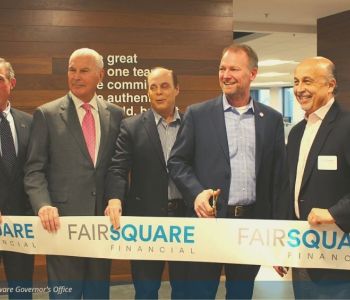
September 28, 2022
Ally Chooses To Grow Fair Square In Delaware
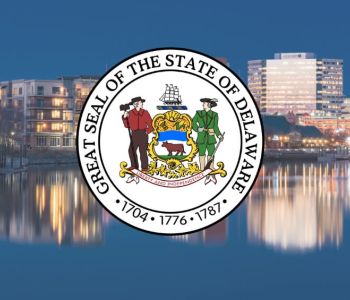
August 28, 2022
Delaware’s Top Bond Ratings Reaffirmed
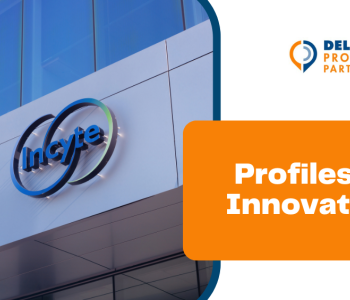
August 26, 2022
Profiles in Innovation: Incyte

August 23, 2022
DuPont Expanding in Newark, Delaware
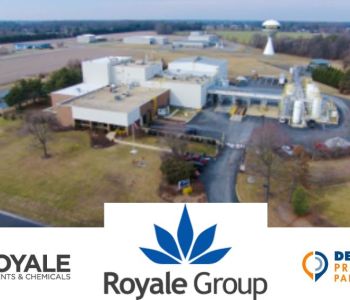
August 22, 2022
Royale Group Expanding to 2nd Delaware Site
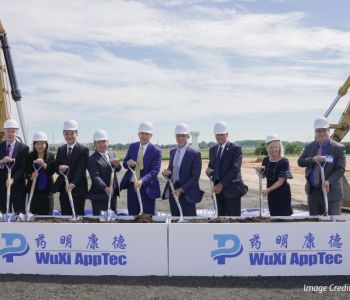
August 17, 2022
WuXi STA Breaks Ground on Delaware Site
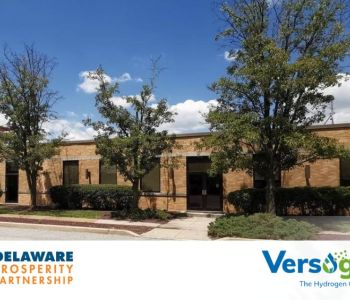
June 28, 2022
Versogen Chooses Delaware for Expansion
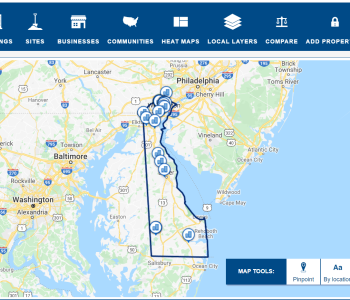
June 17, 2022
Zoom Prospector Site Location Tool
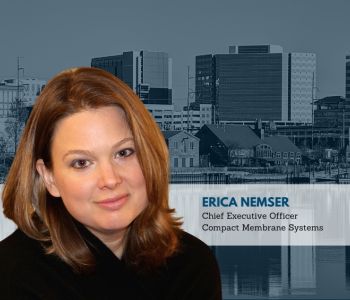
June 14, 2022
Nemser Team Tackles Carbon-Capture in Plants























